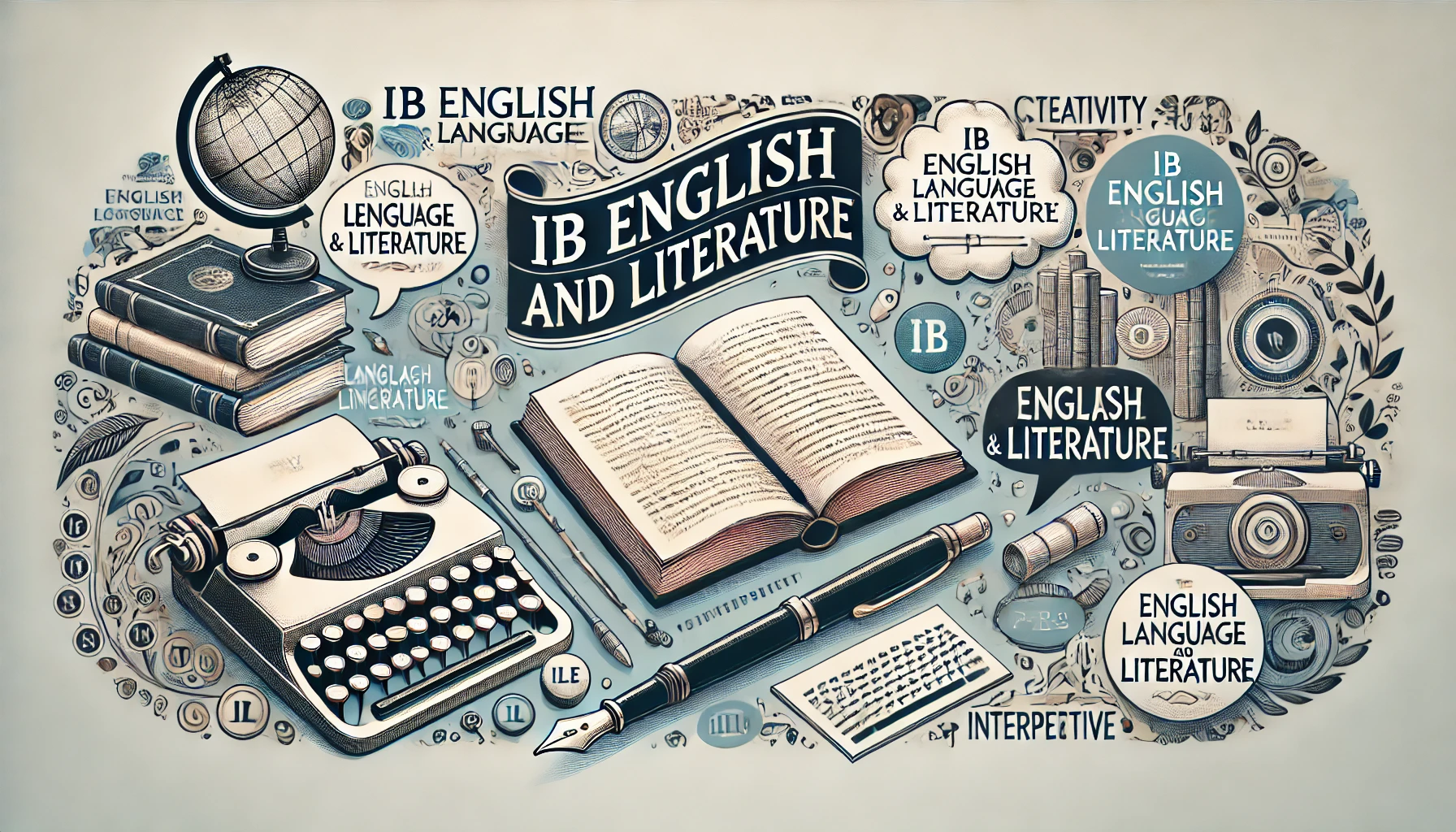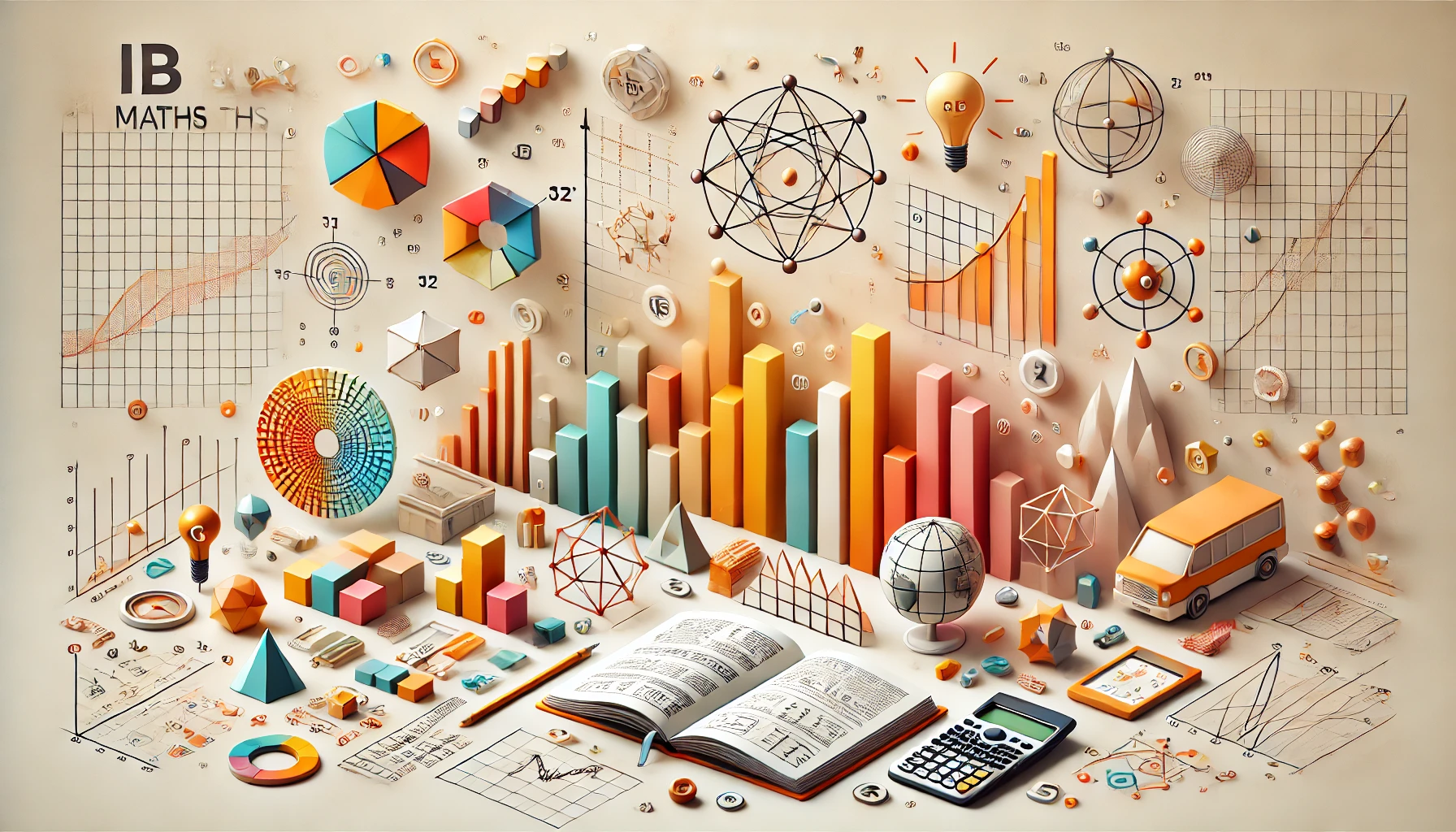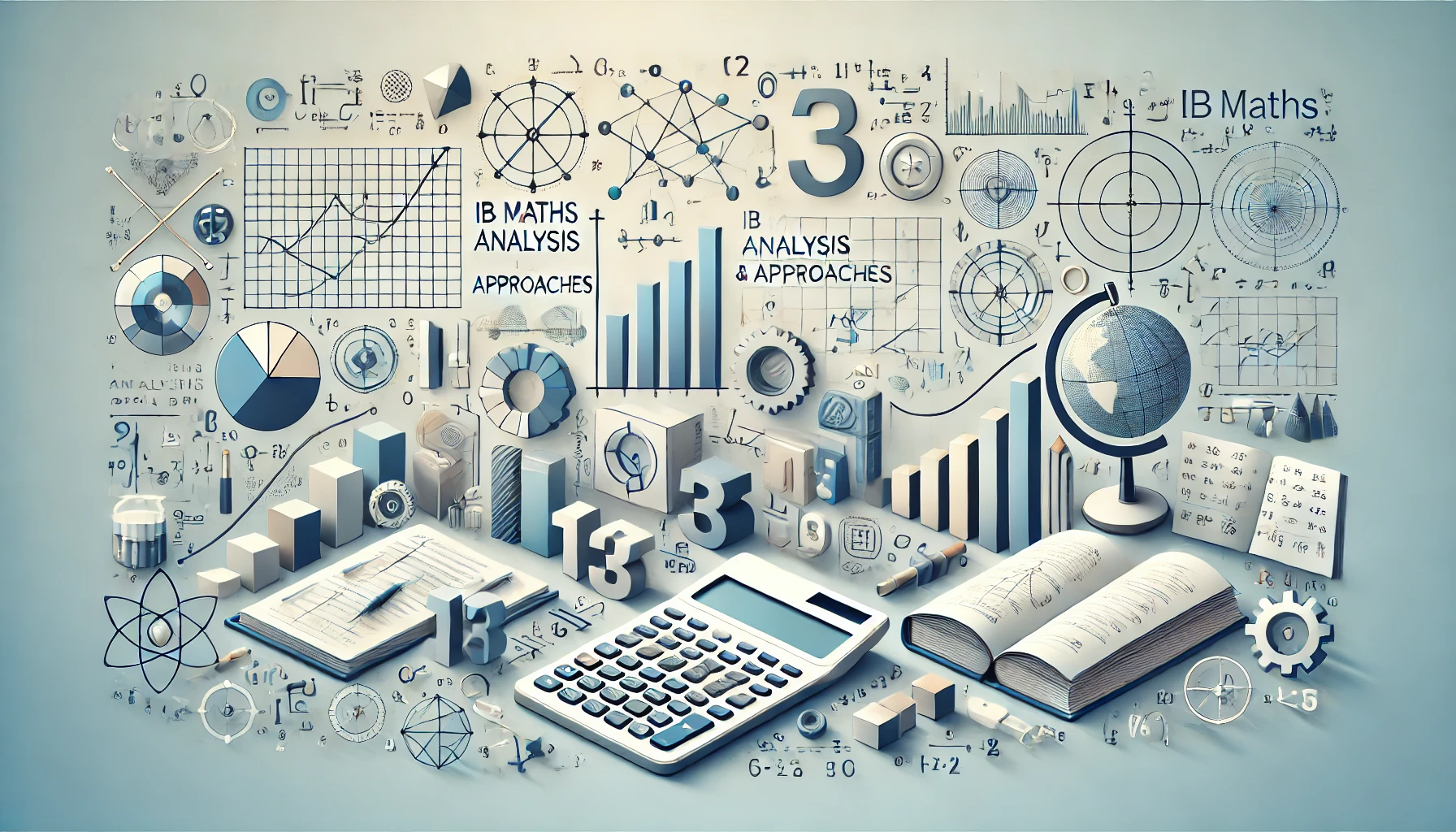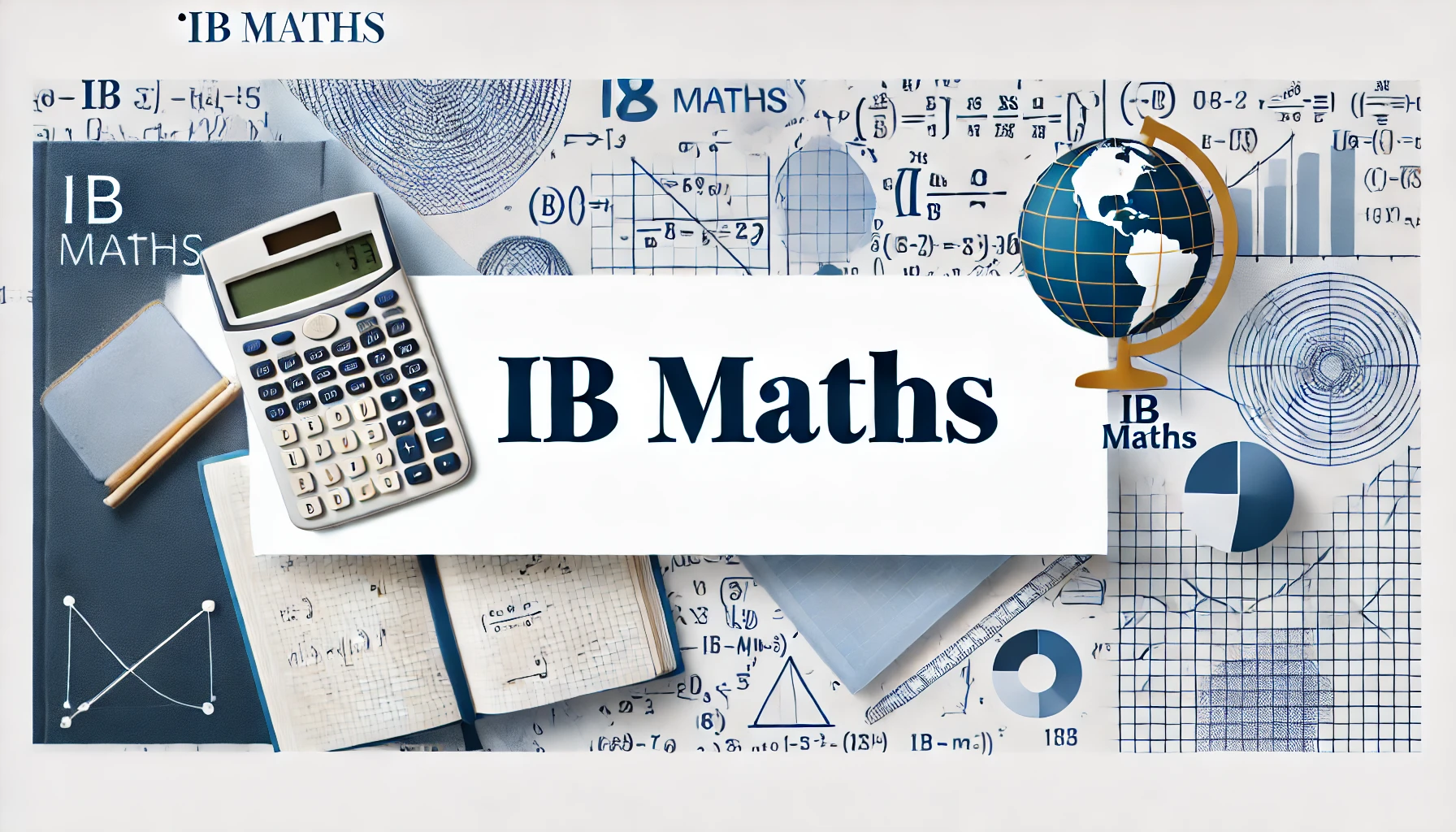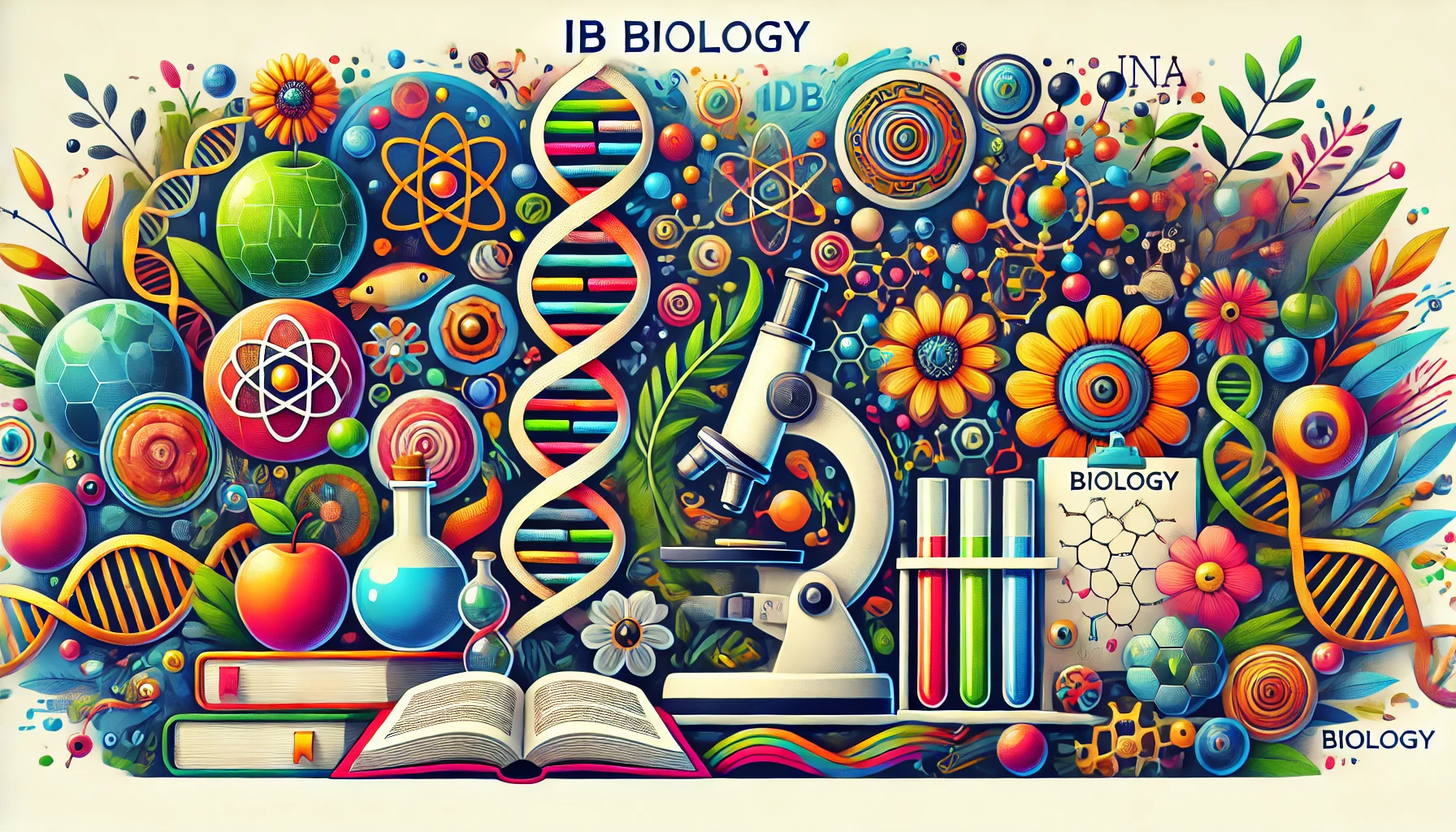

IB Global Politics stands out as a dynamic and thought-provoking course that examines political issues from multiple perspectives.
In this blog, we will cover everything you need to know about IB Global Politics—from the structure of the course to its core concepts, assessments, and how it encourages students to engage critically with real-world political issues.
Structure of the IB Global Politics Course
The IB Global Politics course is designed to develop students' understanding of political concepts and contemporary global issues. It is offered at both Standard Level (SL) and Higher Level (HL), with differences in depth and additional coursework requirements at HL.
The course is structured around core units, an engagement activity, and, for HL students, an additional HL extension.
Teaching Hours
The IB recommends the following teaching hours for IB Global Politics:
- Standard Level (SL): 150 hours
- Higher Level (HL): 240 hours
Key Components of the Course
The core units provide a foundation in political theories and real-world applications, while the engagement activity allows students to explore a political issue first-hand. HL students further extend their learning through detailed case studies on global challenges.
This structure ensures that students develop analytical skills, research abilities, and a critical understanding of political issues, preparing them for university and beyond.
💡Check out these five key habits and evidence-based strategies of high-achieving students in the IB.
Understanding Power and Global Politics
This foundational unit introduces students to the core political concepts that underpin the course. It explores how power operates at different levels—local, national, and global—and how authority is established, maintained, and challenged. Students investigate the nature of sovereignty, legitimacy, and interdependence among states and non-state actors. They also examine the roles and effectiveness of international organisations, non-governmental organisations, and resistance movements in shaping global political outcomes.
Through real-world examples, students learn to critically analyse how political power is distributed and exercised, and how global governance structures attempt to manage cooperation, conflict, and competition between actors.
Rights and Justice
In this thematic study, students explore the nature and evolution of human rights across different historical and cultural contexts. The focus is on understanding what constitutes a human right, how rights have been codified in international law, and how they are protected, promoted, and sometimes violated.
Key debates are examined, such as the tension between universal human rights and cultural relativism, and the challenges in enforcing human rights globally. Students also critically engage with different interpretations of justice, liberty, and equality, considering how these ideas influence the application of rights in practice.
The study involves analysing real-world examples of human rights issues, such as labour rights movements, refugee rights, or gender equality campaigns, to understand the complexity and contestability surrounding rights and justice in today's world.
💡Find out why you may want to consider a qualified IB teacher as your tutor.

Development and Sustainability
This thematic study investigates what it means for societies and communities to develop and thrive, going beyond economic growth to consider social, political, and environmental dimensions of development. Students examine different definitions of development, including well-being and sustainable living, and explore how development is measured through indicators like GDP, Human Development Index (HDI), and other indices of progress.
The unit also focuses on the factors that promote or inhibit development, such as political stability, access to resources, economic systems, cultural values, and institutional strength. Students engage with debates about the impact of globalisation, inequality, and environmental challenges on development outcomes.
Importantly, students are encouraged to think critically about models of development and to explore alternative pathways that balance economic, social, and ecological sustainability for future generations.
Peace and Conflict
In this thematic study, students explore the meanings and dynamics of peace, conflict, and violence. They examine different types of conflict—from territorial disputes to ideological and identity-based conflicts—and the complex causes that drive them, such as resource competition, political grievances, or perceptions of injustice.
Students also study the evolution of conflict, distinguishing between non-violent and violent expressions, and learn about mechanisms for conflict resolution, including negotiation, peacekeeping, and post-conflict reconciliation.
The unit encourages students to critically engage with concepts like positive peace, structural violence, and the role of third parties (such as the United Nations or non-governmental organisations) in peacemaking and peace-building efforts. Case studies are used to deepen students' understanding of how conflict arises, escalates, and can be transformed in different contexts around the world.
Skills and Techniques Developed in IB Global Politics
Throughout the IB Global Politics course, students are equipped with a broad range of academic, analytical, and practical skills that support both their understanding of global political systems and their personal development as globally-minded learners. These skills are cultivated through the study of political concepts, real-world case studies, experiential learning, and structured assessments.
1. Critical Thinking and Political Analysis
- Students learn how to critically examine political issues by applying key political concepts such as power, sovereignty, equality, and human rights. They engage in evaluating competing perspectives, questioning assumptions, and analysing how political actors behave across different contexts.
2. Conceptual Understanding and Application
- The course emphasises deep understanding and appropriate use of political terminology and theory. Students explore a broad conceptual framework and learn how to apply it to contemporary political events, enabling them to make sense of global developments with clarity and precision.
3. Argument Development and Essay Writing
- Both Paper 1 and Paper 2 (external assessments) require structured, coherent written responses. Students develop the ability to construct well-supported arguments, compare and contrast viewpoints, and integrate evidence from a range of sources. This includes forming evaluative judgements and synthesising perspectives.
4. Research and Inquiry Skills
- The Engagement Activity and the HL extension encourage students to plan and conduct their own inquiries into political issues. They develop skills in formulating research questions, collecting and interpreting data, and referencing sources properly. This supports their growth as independent, responsible researchers.
5. Perspective-Taking and Evaluation
- Students learn to identify and assess a wide range of perspectives—individual, cultural, institutional, and ideological. They are trained to appreciate that political beliefs are deeply held and often contested. Evaluating these perspectives forms a core part of their assessments and engagement activities.
6. Communication and Presentation Skills
- At HL, students also develop their oral presentation skills by delivering a structured and clear analysis of global political challenges based on case studies. At all levels, the course encourages articulate communication—both in written and spoken forms.
7. Personal and Civic Engagement
- Through the Engagement Activity, students move beyond theoretical understanding to direct involvement with political issues. They reflect on their role as global citizens and build empathy, ethical reasoning, and a sense of responsibility to act on issues that matter to them and their communities
💡Learn how each part of the IB grading system impacts your final diploma score.

IB Global Politics Internal Assessment
The Engagement Activity
The internal assessment in IB Global Politics is called the Engagement Activity. This is a central and compulsory part of the course for both Standard Level (SL) and Higher Level (HL) students. It allows students to apply the concepts and theories they’ve learned in class to a real-world political issue through experiential learning.
What Is Involved?
- Experiential Learning:
- Students choose a political issue of personal interest and actively engage with it outside the classroom. This could involve attending events, conducting interviews, participating in community initiatives, volunteering with relevant organisations, or observing political processes.
- Research Component:
- Alongside their experiential engagement, students are required to conduct relevant research to deepen their understanding of the issue and provide academic context for their experience.
- Written Report:The activity culminates in a 2,000-word written report, which must demonstrate:
- Understanding of the political issue
- Application of key political concepts and theories
- Analysis of their personal experience
- Reflection on what was learned through the engagement
What Is Being Assessed?
The engagement activity is assessed internally by the teacher and externally moderated by the IB. The assessment is based on four criteria, which align with the course’s overall assessment objectives:
Purpose and Importance
The Engagement Activity:
- Encourages active citizenship and global awareness
- Develops skills in critical reflection, research, and communication
- Allows students to connect academic knowledge with real-world action
- Reinforces the IB’s goal of nurturing informed, compassionate, and engaged individuals
IB Global Politics: External Assessment Overview
Standard Level (SL)
Total weighting of external assessment (SL): 75%
Higher Level (HL)
Total weighting of external assessment (HL): 60%
Note: HL students also complete a third component—the HL extension—which is assessed internally but is unique to HL.
What Is Being Assessed?
The external assessment evaluates students across the four Assessment Objectives (AOs) of the IB Global Politics course:
These assessments ensure students can not only recall political knowledge but also think critically, analyse issues in context, and evaluate contrasting viewpoints—reflecting the IB’s emphasis on depth of understanding and real-world application.
Other Key Information
- Paper 1 is stimulus-driven: students must interpret and analyse unfamiliar sources under timed conditions, testing both comprehension and critical thinking.
- Paper 2 focuses on deeper conceptual engagement. Essays must be well-structured, drawing on case studies, theory, and political analysis.
- HL students have more extensive demands in Paper 2 (two essays vs one at SL), reflecting the broader scope of the HL syllabus.
How to Succeed in IB Global Politics
We have spoken to our tutors and summarised their advice about how to succeed in IB Global Politics, both throughout the course and in the final exams. Drawing on the official IB syllabus and assessment criteria, here’s what they recommend:
- Master the Key Concepts
- From power and sovereignty to human rights and development, understanding and being able to apply the 16 key political concepts is essential. These concepts form the foundation for all discussions, essay responses, and case studies.
- Use Real-World Examples Frequently
- The course requires students to ground their understanding of abstract political ideas in real-life examples. Make sure to follow current events and practise applying course concepts to a variety of global, national, and local contexts.
- Engage with Multiple Perspectives
- Whether it’s an essay or stimulus analysis, the IB values a balanced evaluation of different viewpoints. Be sure to compare and contrast perspectives from different actors, cultures, or ideologies.
- Plan Your Engagement Activity Carefully
- Choose a political issue that genuinely interests you and allows for meaningful engagement. Ensure your written reflection links your experience back to course content, including key concepts and theories.
- Use Political Terminology Precisely
- Develop fluency in the language of global politics. Using accurate, subject-specific vocabulary helps improve clarity and shows depth of understanding, which is assessed in both essays and internal work.
- Practise Paper 1 Stimulus Responses Under Time Pressure
- Success in Paper 1 comes from interpreting unfamiliar sources and answering structured questions efficiently. Practise breaking down political cartoons, opinion pieces, and infographics in timed settings.
💡Practice papers are key for success! Find out why past papers are the ultimate tool for IB Exam preparation.

Common Mistakes IB Global Politics Students Make
- Being too descriptive – Simply recounting events or summarising examples without analysing them through key concepts won’t earn top marks. Always link back to political theory and assessment objectives.
- Neglecting different perspectives – Failing to consider multiple viewpoints (e.g. cultural, ideological, or institutional) weakens your argument and limits your evaluation.
- Using outdated or vague examples – The IB values recent, relevant, and specific case studies. Avoid generalisations or relying too heavily on historical references without clear contemporary relevance.
- Poor time management in exams – Spending too long on one question in Paper 1 or rushing the second essay in Paper 2 can cost valuable marks. Practise under timed conditions.
- Weak structure in essays – Disorganised or unclear arguments make it harder for examiners to follow your reasoning. Use a clear introduction, body, and conclusion with topic sentences.
- Underdeveloped engagement activity – Choosing a superficial issue or failing to reflect meaningfully on the experience often results in low marks. Make sure your activity is analytical, not just descriptive.
Frequently Asked Questions (FAQs) – IB Global Politics
- What is IB Global Politics about?
- IB Global Politics explores key political concepts such as power, sovereignty, human rights, and development. It helps students understand how political systems work at local, national, and global levels, and encourages critical engagement with real-world political issues.
- What’s the difference between SL and HL in Global Politics?
- Both SL and HL students study the same core units and complete the Engagement Activity. HL students have an additional HL Extension, where they research and present two global political challenges in detail through case studies.
- Is getting a 7 in IB Global Politics hard?
- It can be challenging, but it’s definitely achievable. Success depends on your ability to apply political concepts effectively, analyse multiple perspectives, use real-world examples, and structure your arguments clearly—especially in essays and the engagement activity.
- What kind of topics do students explore?
- Students explore a range of topics including human rights, peace and conflict, development, political power, and global governance. They’re encouraged to investigate political issues that are timely, relevant, and personally meaningful.
- Do I need to be good at debating or politics to do well in this subject?
- Not necessarily. While an interest in current affairs helps, success comes from analytical thinking, research, structured writing, and the ability to evaluate different viewpoints—not from being politically outspoken.
- What is the Engagement Activity and why is it important?
- The Engagement Activity is the internal assessment for Global Politics. It involves engaging with a political issue first-hand and writing a report that connects this experience to political theory. It’s worth 25% of your grade and helps bring your learning to life.
Conclusion
IB Global Politics is more than just a subject—it’s an opportunity for students to make sense of the world around them. By exploring real-world political issues and engaging critically with key concepts, students develop the analytical skills, global awareness, and sense of civic responsibility that are vital for the future.
With the right mindset, consistent effort, and curiosity about the world, students can thrive in this thought-provoking course.

